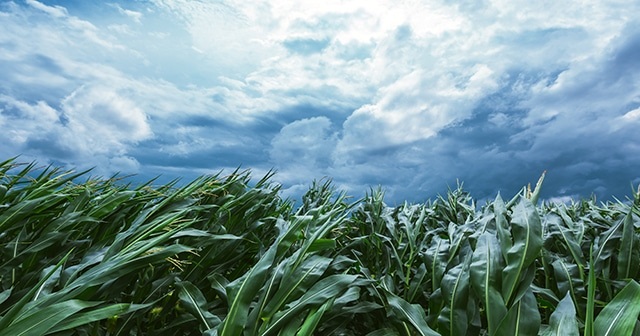
Climate change is a critical global issue that significantly influences our planet’s historical weather patterns, reshaping the expectations and understanding of meteorological norms. This change is reflected in historical temperature data, which serves as a basis for researchers trying to solve the rate and extent of these changes. Scientists can offer insights into its effects on ecosystems, economies, and daily human activities by examining the transformation of temperature and weather trends over decades. The slow but steady changes in the climate are a warning that the future weather might be unpredictable. It’s a signal that we need to act fast. In this article, you will learn how climate change has influenced historical weather and its prevention.
Understanding Shifts in Historical Weather Data
Studying historical weather data gives a clear picture of how much the environment is changing because of the presence of many greenhouse gases in the air. Over the years, weather experts have carefully kept track of weather patterns. Their records show that temperatures are going up, rain patterns are changing, and extreme weather-like storms are happening more often. Some data are shown below.
2000:
- Gradual increase in global temperatures observed.
- Rise in the frequency and intensity of extreme weather events, such as heatwaves and hurricanes.
- Glacier retreat and ice cap melting reported in polar regions.
2010:
- Continued warming trend observed globally, with several consecutive years ranking among the hottest on record.
- Increased concerns about sea level rise due to melting ice sheets and thermal expansion of seawater.
- More frequent and severe wildfires are reported in regions, exacerbated by drier conditions and higher temperatures.
2020:
- Climate change impacts become more evident, with extreme weather events causing significant economic and humanitarian losses.
- Heightened awareness of the interconnection between climate change, biodiversity loss, and public health crises, such as the COVID-19 pandemic.
Calls for enhanced climate stability and adaptation measures to mitigate risks and build a sustainable future for future generations.
This information doesn’t just tell us about what’s happened in the past. It also helps us guess what the weather might be like in the future. This is important for figuring out how to deal with and plan for climate change.
The industry-wise necessity of Historical Weather Reports
Historical weather report analyses are essential in the study of long-term climate changes. Daily weather reports track long-term trends, helping industries save costs and improve economic performance. Some are listed below.
- Agriculture- Farmers rely on historical weather reports to plan their planting and harvesting schedules.
- Energy-energy companies use historical weather data to optimize their operations.
- Construction builders use past weather data to schedule outdoor work, anticipate delays, and meet project timelines.
- Healthcare professionals utilize historical weather data to study the relationship between climate and public health.
Conclusion
As we think about the future with climate change affecting the weather, having precise predictions and detailed analyses from historical weather data is crucial. These services help industries and people prepare for and handle climate change’s impacts effectively. If you are looking for a reliable weather service provider, you can check the services offered by experts like AWIS Weather Service. They use live updates on extreme weather every hour and day, covering the whole state and local areas. This helps them take action early to deal with the unpredictable impacts of climate change.